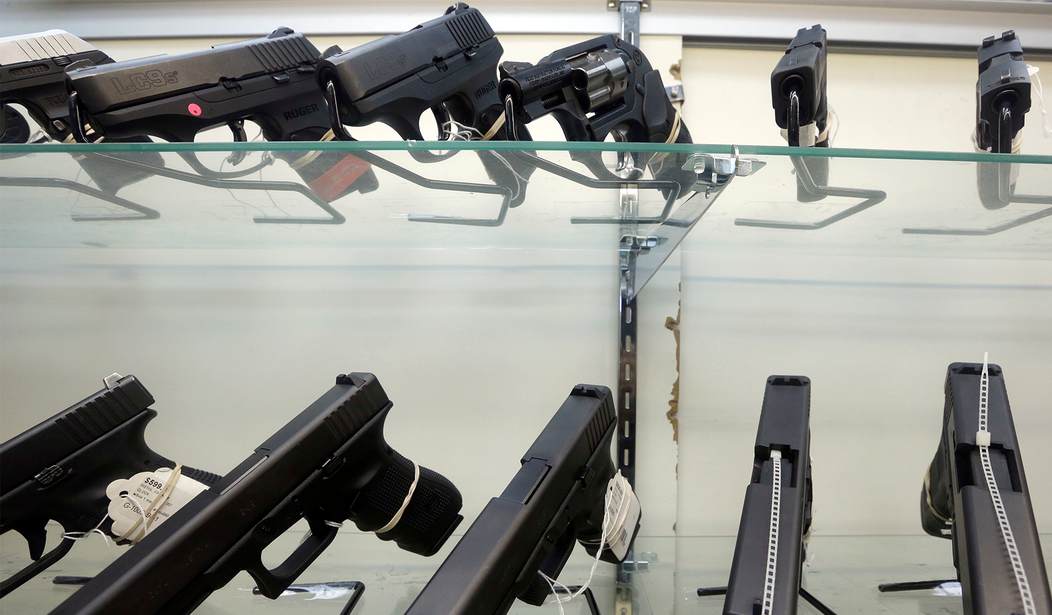It’s long been held that there are certain circumstances when people can and should be denied the totality of their rights. The very act of confining people in prison, for example, is an infringement of one’s rights. We simply can’t do it without due process.
And that’s always been the thing. You can get away with taking someone’s rights so long as we’ve done everything we can to determine they’ve crossed clearly established lines.
Take domestic abusers, for example.
No one actually favors domestic abuse. No one is really working to restore the gun rights for people convicted of domestic abuse, really.
But when we talk about US vs. Rahimi, a lot of people are missing the point. They see it as trying to arm domestic violence perpetrators.
It is my clinical and personal experience that abusers, often with narcissistic personality traits, have very poor insight into their behavior; and so, merely issuing restraining orders or attempting to reason with or rehabilitate them with “anger management” classes are insufficient methods of protecting their targets.
Blocking their legal access to firearms is a clear and attainable goal by which we may limit the societal harm that domestic abusers inflict. We in medicine would not hesitate to intervene on any other significant public health risk factor, and the data show that perpetrators’ access to firearms is, indeed, a substantial public health threat.
Perpetrators of domestic abuse pose a blatant threat to our society. I may not be a legal expert, but I do not believe that our country’s founders intended for people who demonstrate a callous disregard for human life and for our societal institutions to have access to weapons that only make it easier for them to realize their propensity for violence. I do not believe that any one of us with a modicum of decency wants violent people to have legal access to guns.
Do we want a society that allows a violent person who poses an obvious danger not only in their home, but also to the larger community to possess guns legally? Or could we possibly choose otherwise?
The issue, though, is that a restraining order doesn’t necessarily mean due process is being observed.
Yes, they’re issued by a judge, but the situation is very different from a criminal case. People have no right to a court-appointed attorney–they either pony up the money themselves or do without one–and there are disincentives in some states to people even trying to challenge the claims of a restraining order.
And this matters, not so much because domestic abusers should be able to get guns but because anyone can be labeled a domestic abuser and find themselves the subject of such a restraining order.
Due process isn’t observed when a judge can unilaterally decide someone is dangerous based on little evidence, which happens quite often. As part of a divorce proceeding, it’s not uncommon for one or both parties to ask for such a restraining order and them be granted out of an abundance of caution versus any real evidence someone is dangerous.
The author of this piece is a psychiatrist. She notes that she’s not a legal expert, and that’s good because it’s pretty clear how little she understands about things like due process. Especially as she’s talking about actual domestic abusers’ psychology, but not acknowledging that a restraining order is generally issued without the input of a mental health professional such as herself.
In other words, any narcissism or other personality disorders are simply theoretical at best.
Due process, however, exists because we shouldn’t strip people of their rights simply because we’d feel a bit better if we erred on the side of caution. That’s not how it works, nor how it should work. If we go down that road, the more and more likely we’re going to start stripping more and more people’s rights without that cause.
We’re not going to just accept that people are dangerous because someone with a potential ax to grind says they’re dangerous. No one should.
Taking someone’s rights should require more than that.








Join the conversation as a VIP Member